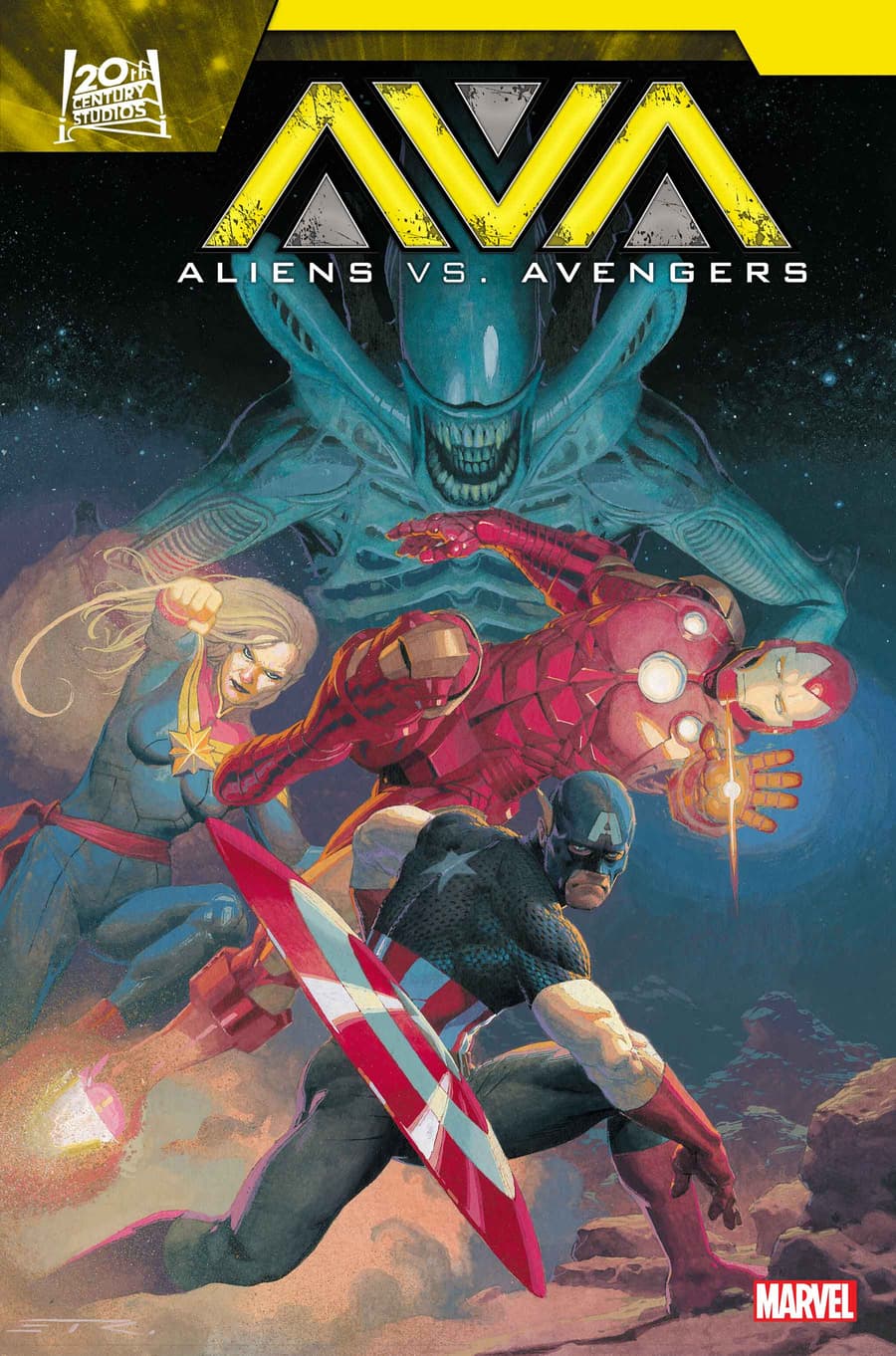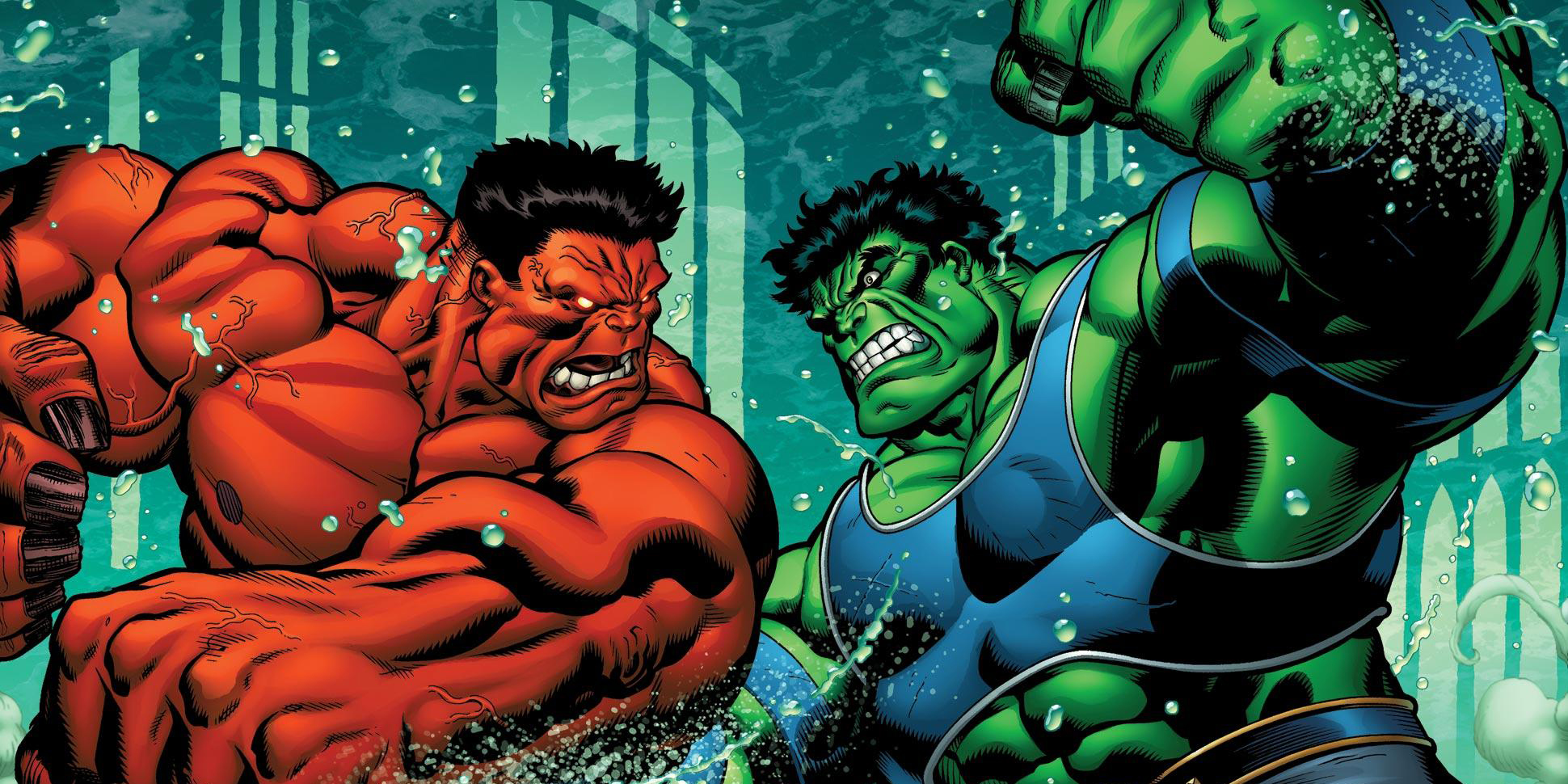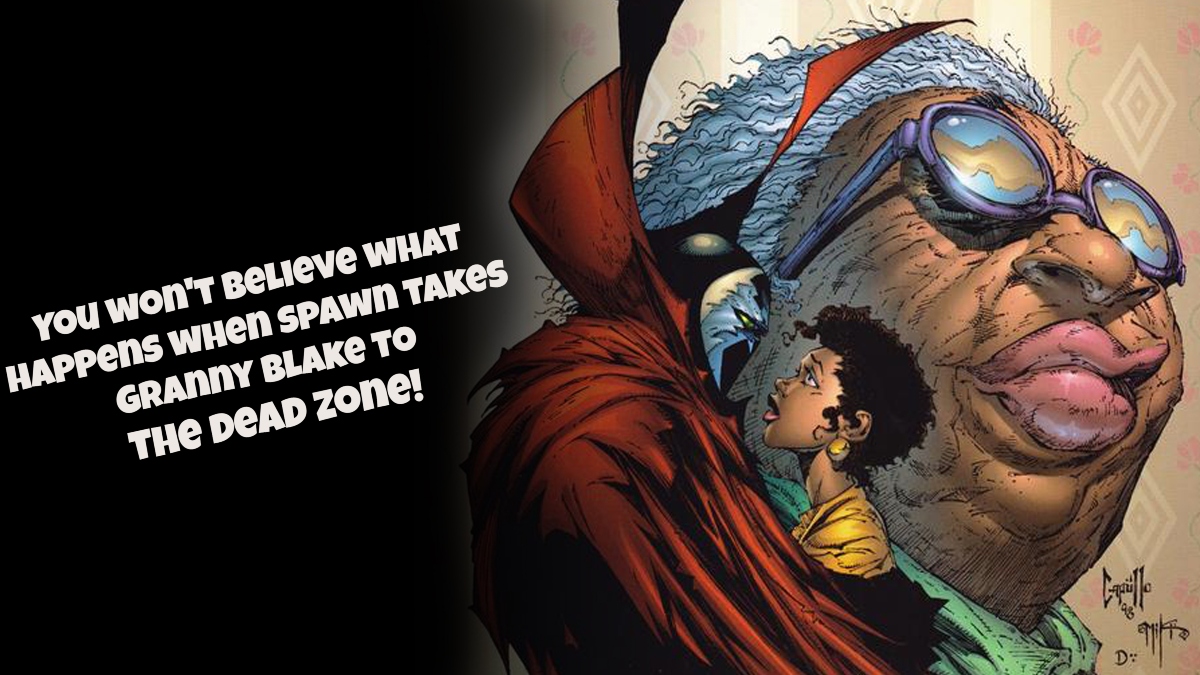![]()
Be prepared to be mind blown.
Last weekend, director Luc Besson wowed the audience at WonderCon with his special effects filled science-fiction action movie “Lucy.â€
The movie starring Scarlett Johansson in the title role as a young woman kidnapped to be used as a drug mule. However, she accidentally ingested strange pharmaceutical drugs that granted her powers beyond imagination with using her mind.
After his presentation in Anaheim, he sat down with a group of journalists in discussion about the film “Lucy.†He revealed about the science behind the brain, special shots in the film and trying to keep his creativity throughout his career.
“Lucy†will be in theaters on August 8.
Read the full transcript below.
Question: Tell us about the car chase sequences with the different angles in the movie. These are new for audiences to see. Talk about on how you shot those sequences and the challenges with them. That was impresson.
Luc Besson: It’s going on the process. I chose the street first. It’s a very well-known street in Paris called Rue de Rivoli. There are five ways in and you don’t come back—it’s one way. It’s always a phantasm to me. Just take this avenue full speed on the reverse. I know the street for thirty years. I know everything. There are a couple of shots where I knew to place the cameras for the trucks to go down. You just have to write it like a little poem. It’s with one angle that goes with another. It’s like writing a little song. You’ll have to consider it as a little ballet.
Question: When you do that [with the chase scene]—are you able to reference small moments from other of your films to explain them into this film?
Luc Besson: No. Never. It’s the wrong thing to do. It’s already digested in other films. It’s like people who got married from the same family. They make babies, but in the end they’re monsters since they’re of the same blood. And they look ugly. You’ll have to be careful. If you digest a film and put another on top of it—then it’s not good. [Laughter]
I think about my scenes and the locations I have. What is the energy? When did it become strange? Where the lines are coming? Do you drive like this? This is the first time I’ve drive. It’s true. She never drove before in the film in her life. She doesn’t have her license. I don’t pay attention to [previous work].
Question: Where did you get the idea of your story from?
Luc Besson: Uhhh, here. [Points to head and laughter] In fact, I had a discussion a long time ago. Probably like twenty years ago. I was doing a presentation in a city that I don’t remember any longer. There was this mayor who wanted to invite you after [the presentation]. Obviously, they seated a girl next to me. I was guessing if she was the niece of the mayor or maybe she wanted to be an actress. [Laughter] They always put you next to the girl who wants to be an actress.
So I said, “What are you doing?†She said that she was a professor working on the cellular nucleus. And I responded, “What?†And then I talked with this girl for three hours. I learned amazing things about the brain and the cells. It was fascinating.
For example, we have one hundred thousand billions of cells in your body. Each cell is sending one thousand messages per second per cell. That’s the web system that we have. The numbers of information per second like huge. We have no access to it. No one knows what one cell said another cell. No one.
I just thought about that and then I met a couple of other professors. I wanted to know about the background part before I get to the funny part like to put it on film. I wanted to make sure that I have a real statement. The funny thing is that half of what is said in the film is true. The other half is totally fake. If you mix up everything together—then everything is real. [Laughter]
Question: Now it took you ten years to write this, but science had changed a lot since then. So did you have to keep updating the script?
Luc Besson: Yes, I did. After this girl, I got associated with this group called ICM, not the talent agency but the institute for the brain. I’m one of the founders. I worked with these guys and we built this huge hospital overseas. There is some Nobel Prize work there. These guys are fascinating. So I see them once in a while and ask them questions.
I gave them my script for them to read. It was so funny, because they had questions for me. [Laughter]
Question: You have been [a filmmaker] for quite some time in directing, producing and writing. Has the process changed for you as a filmmaker? How has the business changed over the years?
Luc Besson: The business is easier now. My first film when I was nineteen years old, I only shot in the afternoon because I had to find the money to shoot later in the day. So creatively, I had two lenses. And that’s it—I could only do two takes. The creative part was very thin in fact. I do my best with what I had, but the business part is very important to have the money to shoot.
Now I organize myself while I have people who take care of the business and the administration. Now I spend more time in my day to be more creative than before. I probably work on the business [side] about two hours a week. So the rest is writing in the morning, casting, editing, meeting actors and actresses, which is all the things I like to do. I’m not so interested in the rest of it.
Question: The rest of it is the means to an end in order to facilitate for you to be creative.
Luc Besson: yeah, if you’re not organized this way then you can’t do it.
Question: What made Scarlett Johansson such the perfect person to play this character?
Luc Besson: In fact, there were a bunch of actresses who could play [the character]. It’s just about meeting the person afterwards. You need to feel the desire from one actress to another. Basically, I didn’t propose a job, but an adventure. After nine years working on this, I wanted a person who will be committed. I’m going to bother her about twenty-four hours a day. [Laughter]
She has to be ready for that. She has to be willing for that. You just have to be clear and say if you want to do that travel with me. Do you want to these four or five months together? We’re going to be together on the boat and you’re not going to get off and swim away. We will be in the middle of the Pacific and you can’t jump. Will you agree to do this?
The good thing about Scarlett is that she is a tough cookie like we say here in this country. She’s from New York. Whatever. Who cares? As they say. It’s good at the same time, because she says yes and then she’s off working. You can count on her.
Question: Going off of that, you always written very strong female characters in your career.
Luc Besson: Males too.
Question: Males too! Absolutely. I don’t want to take anything away from the males, but a lot of filmmakers have a hard time writing strong female characters. You write them quite well. What is the key ingredient that others are missing?
Luc Besson: I don’t think they’re missing anything. Women physically cannot defendby themselves. They’re skinnier and fragile. If we start to fight and they can’t. They have to use something else. They have to think. They have to survive. That’s what I love about them.
Basically, they are the only ones who know the price of life, because they give life. We don’t since we’re just watching.
Question: We do a little bit before hand.
Luc Besson: Yeah, a couple of seconds. It’s true. [Laughter] No, I do admire that from women. They have this special strength. Do you guys know about the story about Achilles’ heel? Achilles without his heel will have no strength. If he doesn’t have the heel, then he would be terminated. That’s it. But, he does have the heel and it makes him interesting. So you can wait for two hours in the film to know he could be hurt here.
Most of my male characters are very feminine. Most of my female characters are very masculine.
Question: Did you do that on purpose?
Luc Besson: No, I just realized it. [Laughter] I don’t spend my day watching myself in the mirror.
Question: How important is time away from the business? You can have a very prolific career as you said before, but coming up with these original ideas are hard. If you’re in the system all the time, then it’s just a rehash after rehash. How important is it to get away from it and be inspired?
Luc Besson: It’s very important. Creativity is a little flame. The business is to have a machine to blow the flame all day long. You are surrounded by these blowers. So you need to protect this little flame. I have to protect myself a lot. I spend a lot of time on my bike; eating at McDonalds; watching people, trees and clouds; meeting people who don’t know me and listening to their stories. That’s my food. You need to feel. You need to take everything.
Every film, even “Lucy,†is full of details I’ve seen in the last twenty years. You feed the film with that. You can’t feed the film with the business.
Question: “Lucy†has so many special effects. Is there anything you wish you could’ve done for the film that wasn’t allowed now?
Luc Besson: No, there wasn’t. For now, the end of the film is going to be really, really amazing. Hope so. [Knocks on wood] It’s still unfinished. She started at ten percent. But as she opens her brain, she [elevates] to fifteen percent. The fact is after twenty percent—her [powers] expand like dominoes. At twenty percent, you are intelligent enough to open up thirty percent. And at thirty, then you can proceed to forty percent. So it’s like dominoes. She can’t stop herself. She’s colonizing her own brain. So it’s not her will. She can’t stop it. It’s like if you start a fire then it will consume everything. She will go until the end and it will be crazy.
Question: Crazier than some of the things we’ve already seen?
Luc Besson: I don’t know. I haven’t seen everything. So maybe not. But, for this film, it’ll be crazy. The first step is controlling of yourself with all these cells like we were talking about it earlier. Then the next step is over the business of controlling others. And the third step is the controlling of the matter. At that point, your brain capacity is at sixty or seventy percent. For the last step, I won’t tell.
Question: So the stuff that she could do with increased brain power—is that something you’ve learned from the scientists or was it simply made up?
Luc Besson: The theory about the ten, twenty percent brain power is fake. It was a theory back in the 1960s, but the theory is wrong. I use it since it’s a film. The number of messages from the cells per second is true. You’re not using one hundred percent of your brain at the same time. In fact, I think the maximum is fifteen percent. You open fifteen percent of the neurons and the rest doesn’t move.
Question: Thank you very much.
Luc Besson: You’re welcome.
“Lucy†will be in theaters on August 8.





